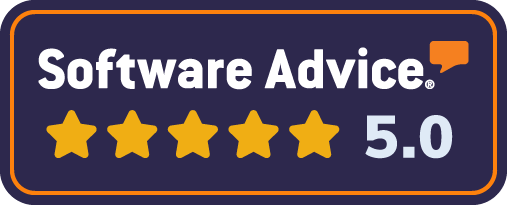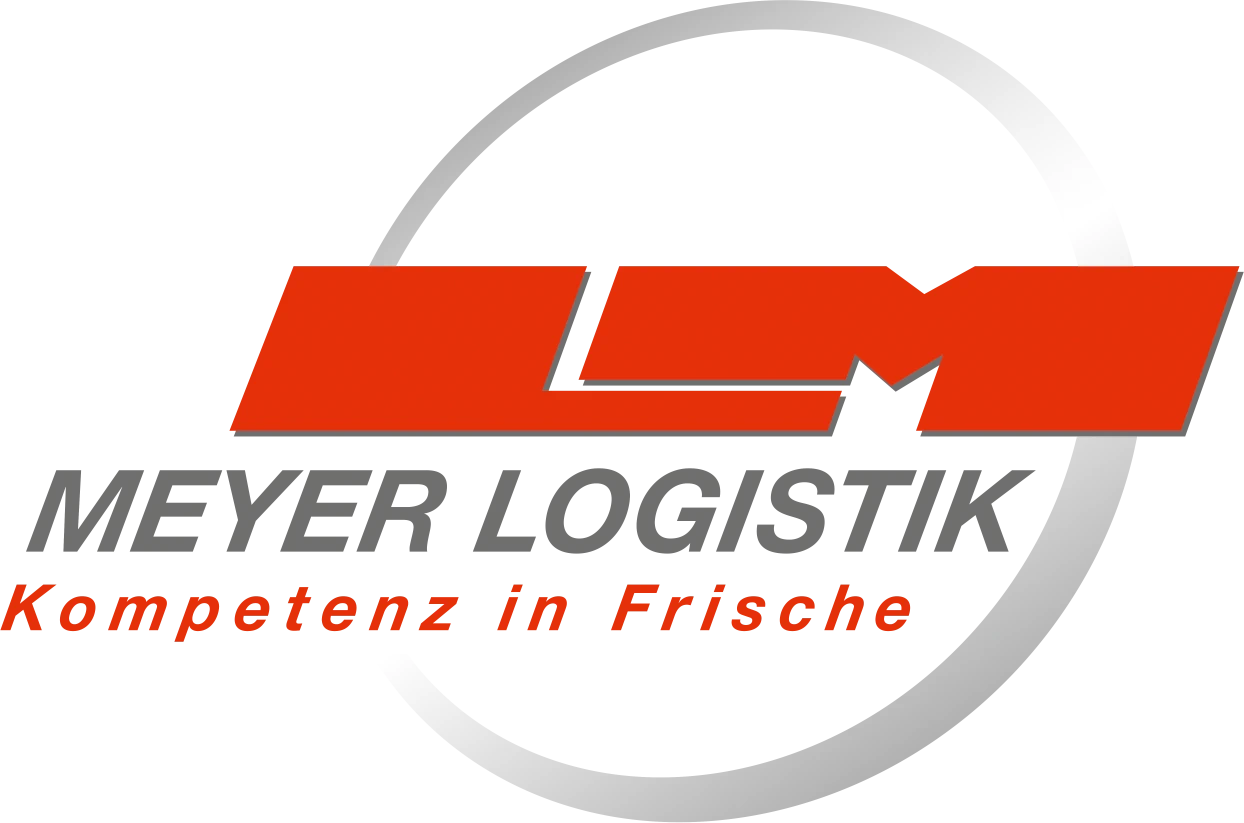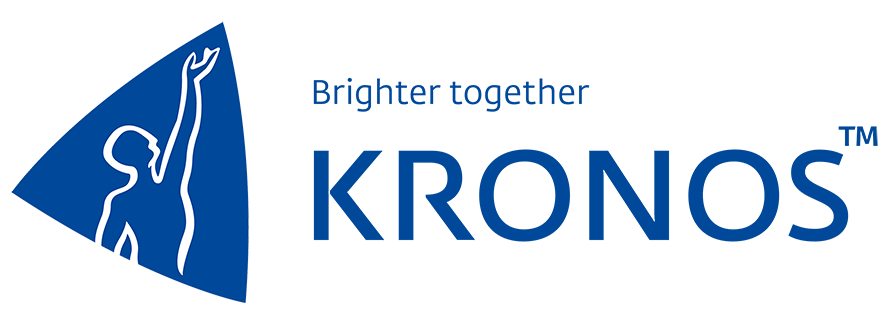Auditor Independence and Objectivity Checklist
Ensures auditor independence and objectivity through robust procedures for conflict of interest management, personnel screening, and audit team composition.
Auditor Independence
FAQ
How can I integrate this Checklist into my business?
You have 2 options:
1. Download the Checklist as PDF for Free and share it with your team for completion.
2. Use the Checklist directly within the Mobile2b Platform to optimize your business processes.
How many ready-to-use Checklist do you offer?
We have a collection of over 5,000 ready-to-use fully customizable Checklists, available with a single click.
What is the cost of using this Checklist on your platform?
Pricing is based on how often you use the Checklist each month.
For detailed information, please visit our pricing page.
What is Auditor Independence and Objectivity Checklist?
An Auditor Independence and Objectivity Checklist is a tool used to assess an auditor's ability to remain independent and objective while conducting an audit. This checklist typically includes questions that evaluate the auditor's:
- Lack of direct or indirect financial interest: In the client entity
- No control or influence over management decisions: That could compromise independence
- No material business relationships: With the client that could impair objectivity
- No family, organizational, or other relationships: That could influence professional judgment
- No compensation arrangements: That could compromise auditor independence
How can implementing a Auditor Independence and Objectivity Checklist benefit my organization?
Implementing an Auditor Independence and Objectivity Checklist can significantly benefit your organization in several ways:
- Enhances credibility and trust with stakeholders by ensuring independence and objectivity in audit processes.
- Reduces the risk of material misstatements or fraud by providing a structured framework for auditors to maintain their independence.
- Improves the overall quality of audits, leading to more accurate and reliable financial statements.
- Supports compliance with regulatory requirements and professional standards, such as PCAOB or IAASB guidelines.
- Facilitates effective communication between auditors and management, promoting a collaborative and transparent audit process.
What are the key components of the Auditor Independence and Objectivity Checklist?
Professional skepticism Freedom from management influence Independence in fact and appearance Objectivity in fact and appearance Lack of material relationships or associations No consulting or other services that impair independence No financial interest or benefit in audit client Compliance with accounting standards and regulatory requirements Maintenance of technical expertise and skills Quality control procedures to ensure auditor objectivity
Conflicts of Interest
Objectivity
Audit Committee Independence
Materiality
Professional Skepticism
Documentation
Quality Control
Expense Reduction
 34%
34% Development Speed
 87%
87% Team Productivity
 48%
48% Generate your Checklist with the help of AI
Type the name of the Checklist you need and leave the rest to us.
 Made in Germany
Made in Germany Fair Pricing Policy
Fair Pricing Policy




























 Certified Security and Data Protection
Certified Security and Data Protection Active Support and Customer success
Active Support and Customer success Flexible and Fully customizable
Flexible and Fully customizable